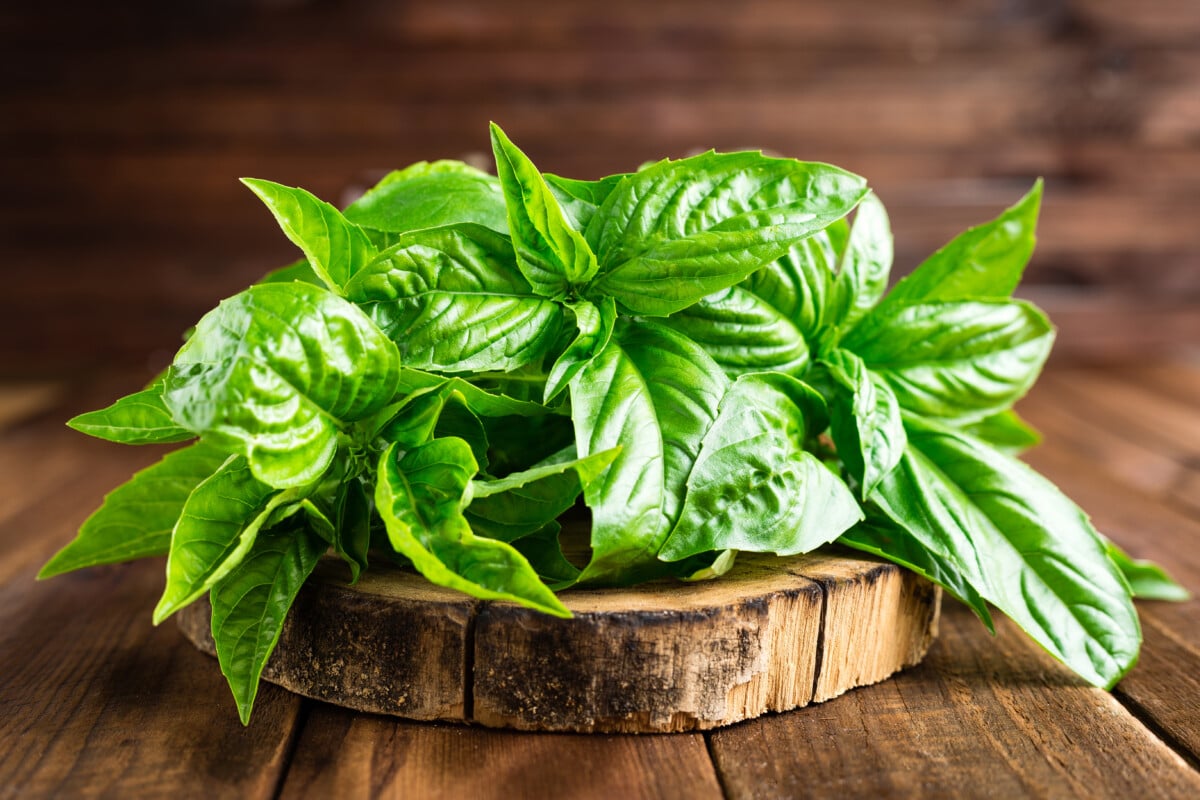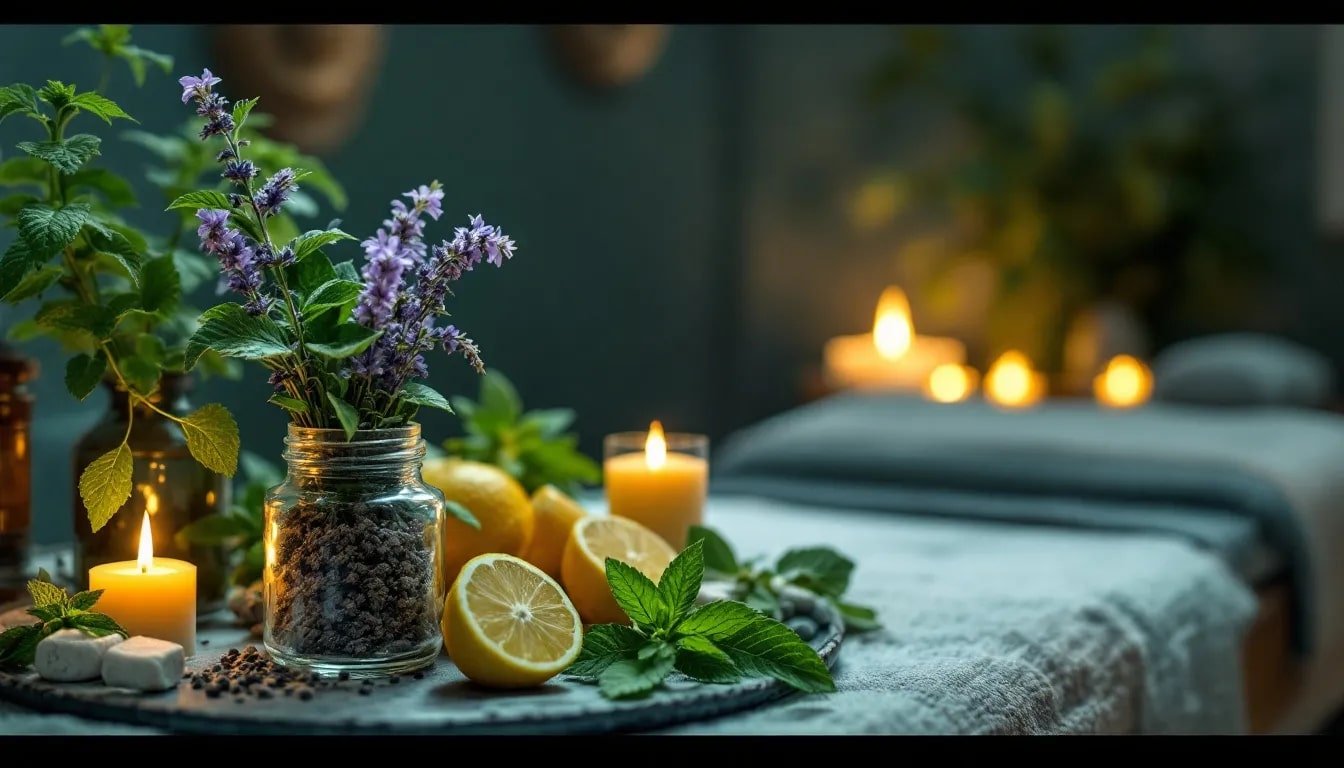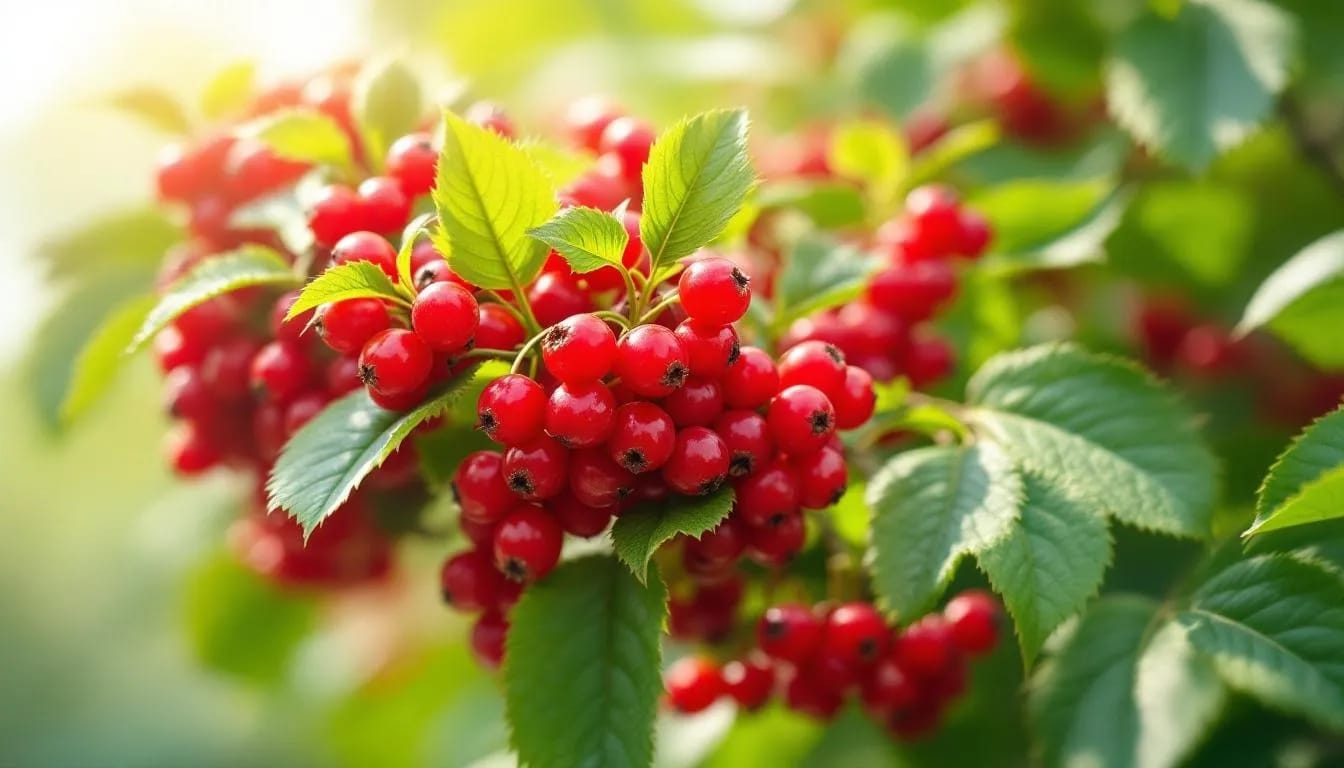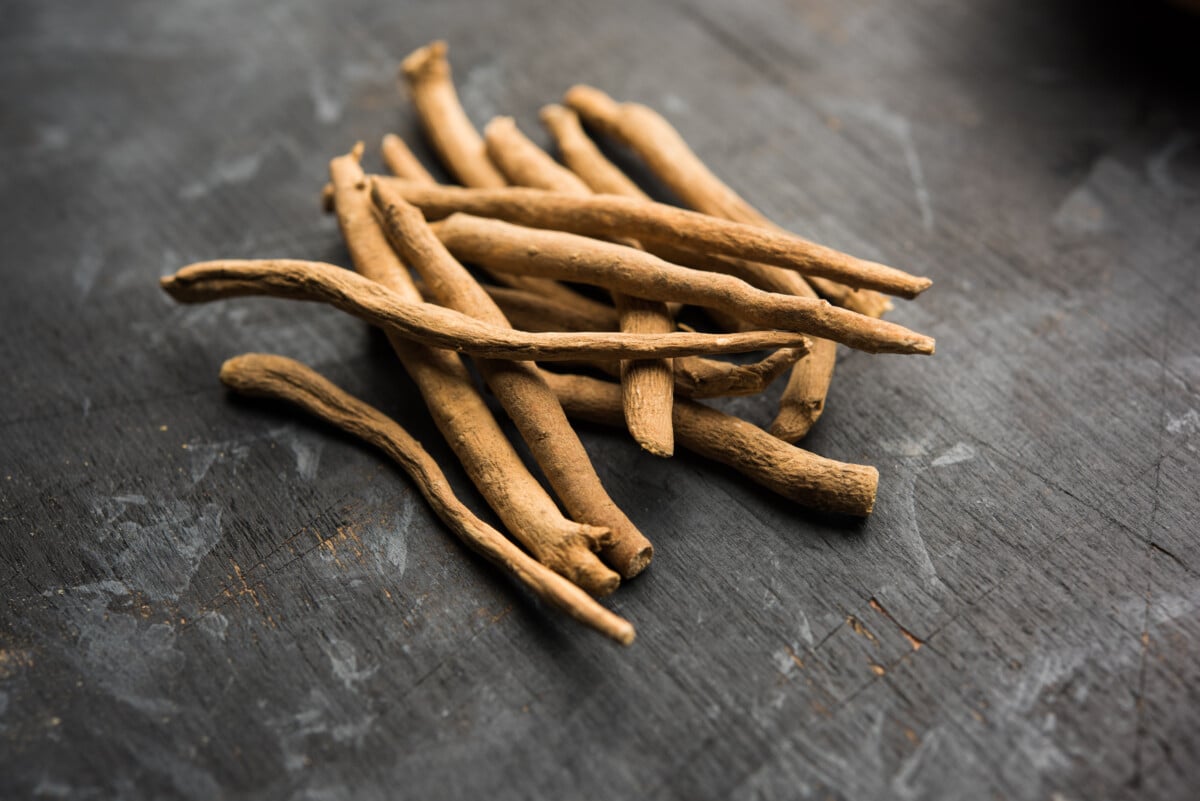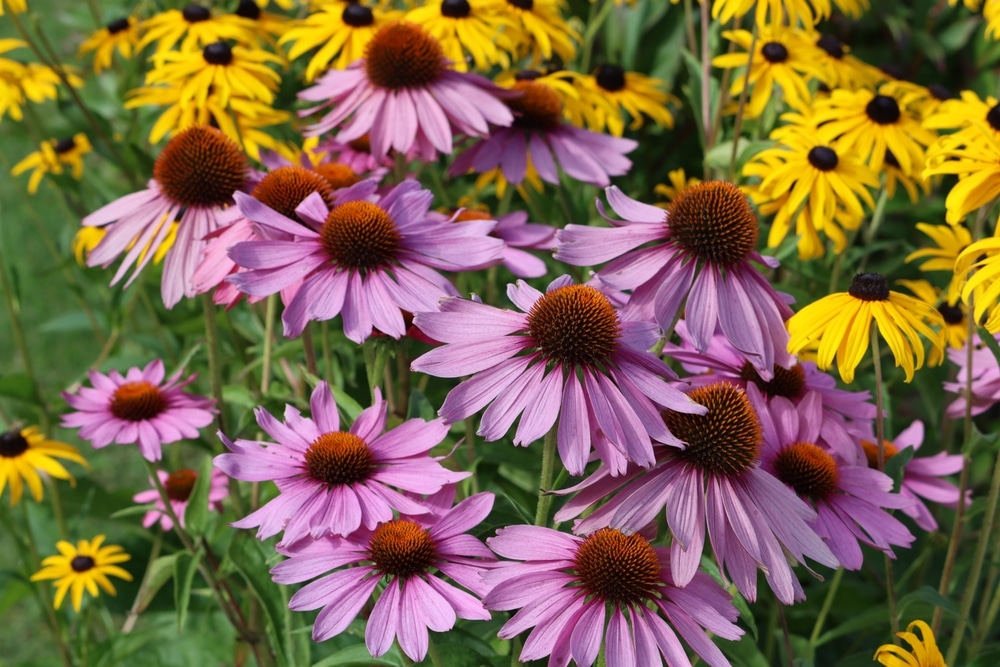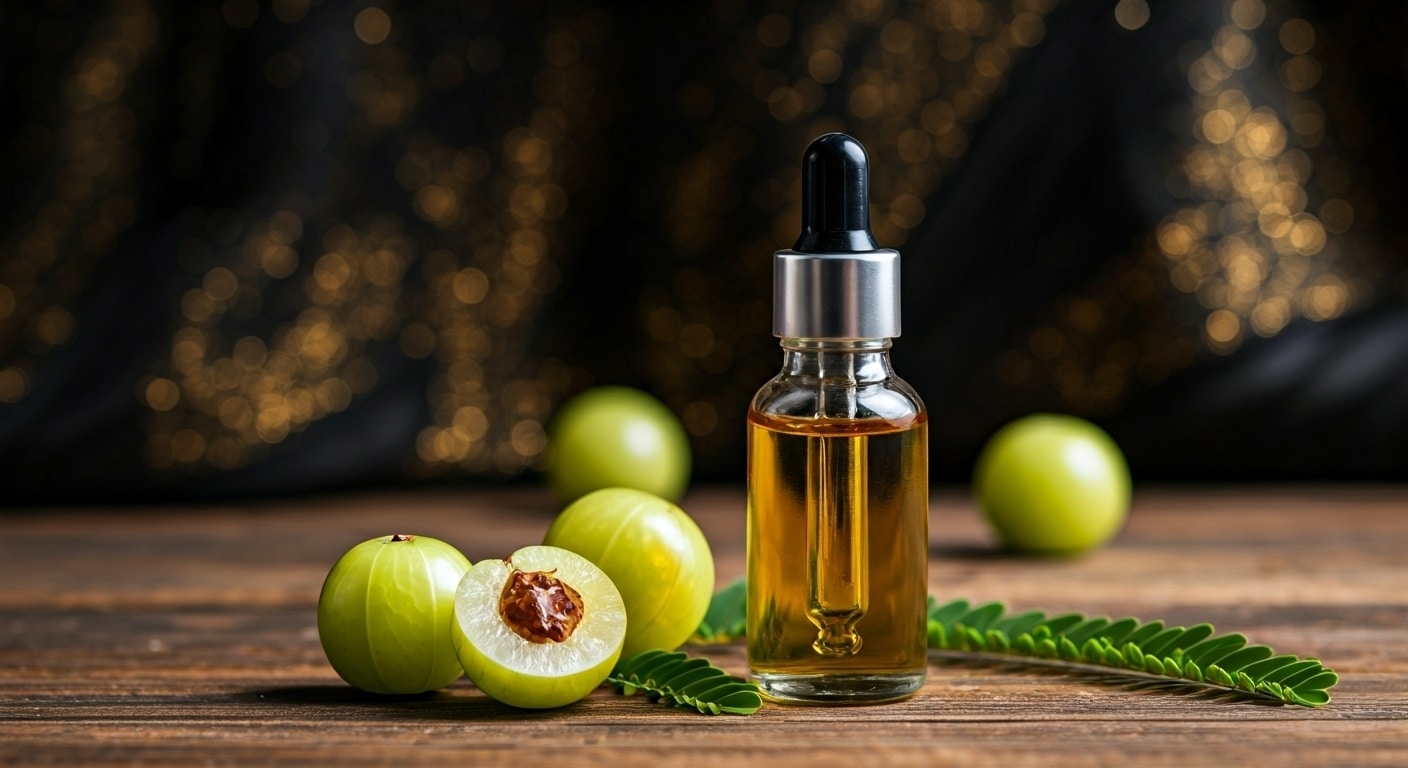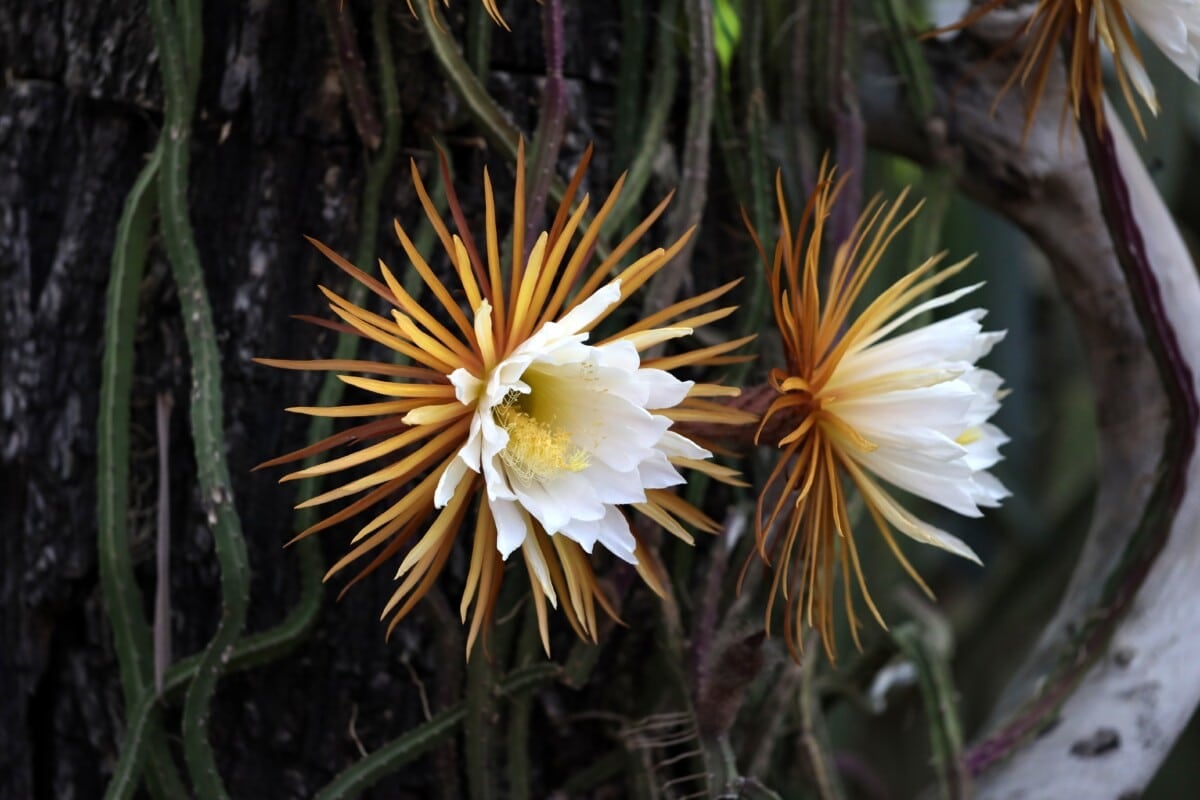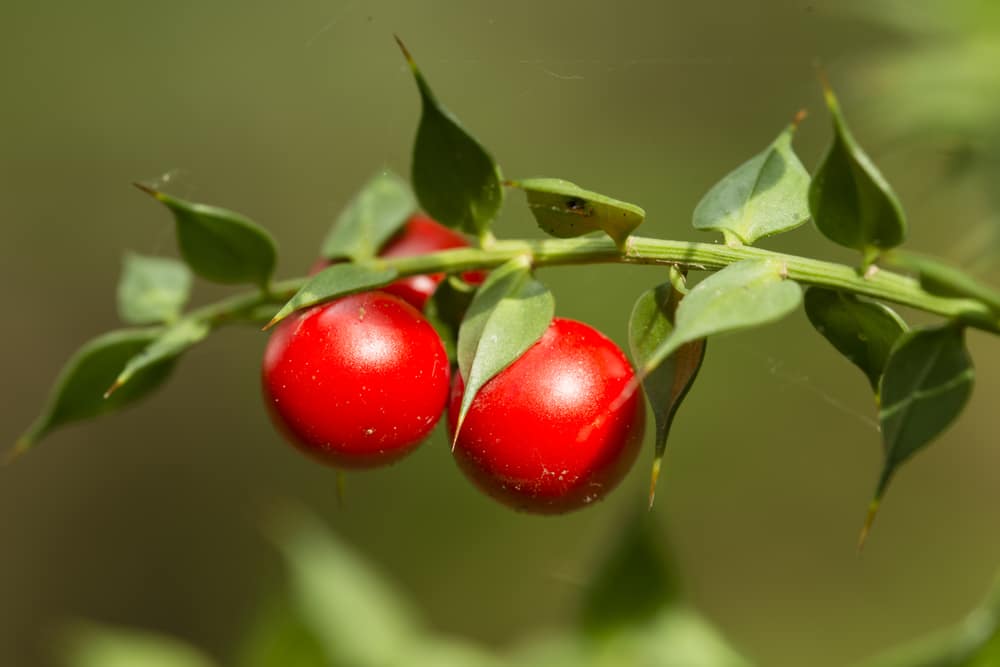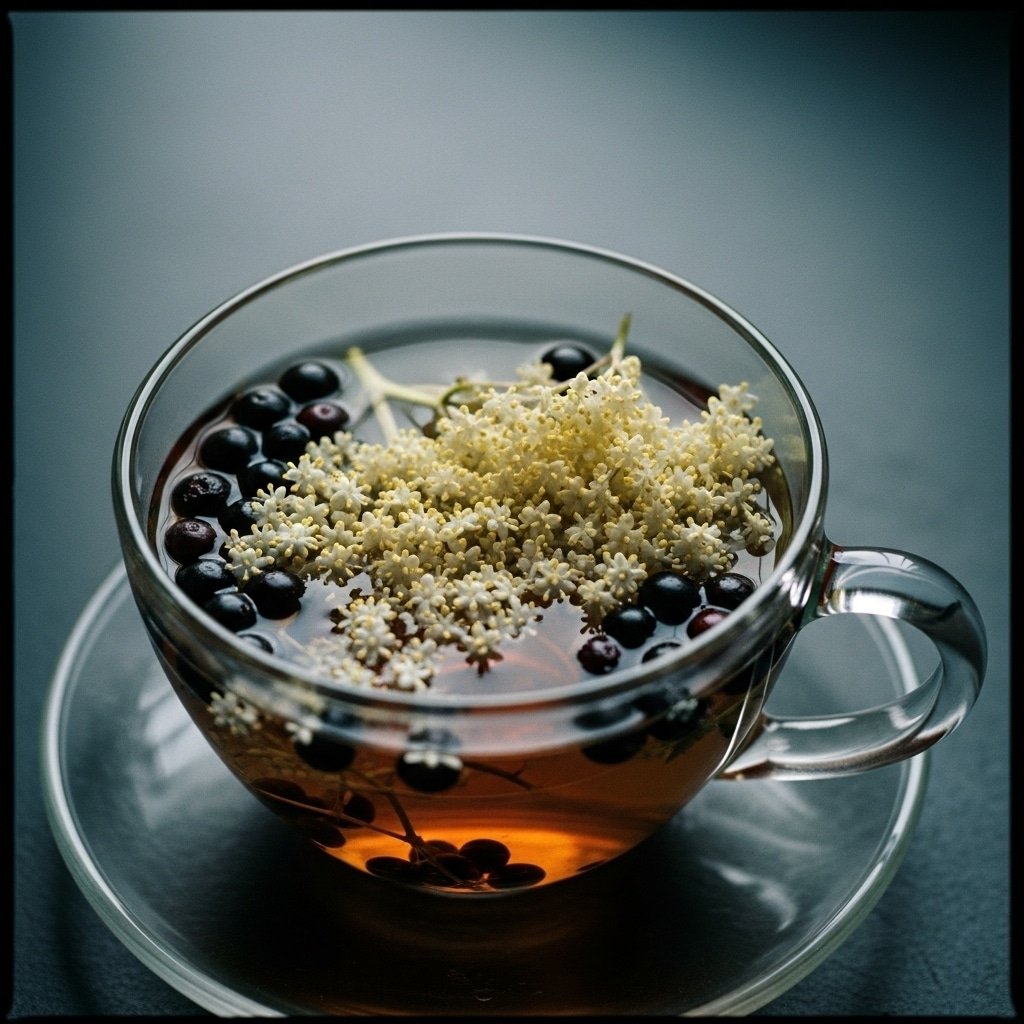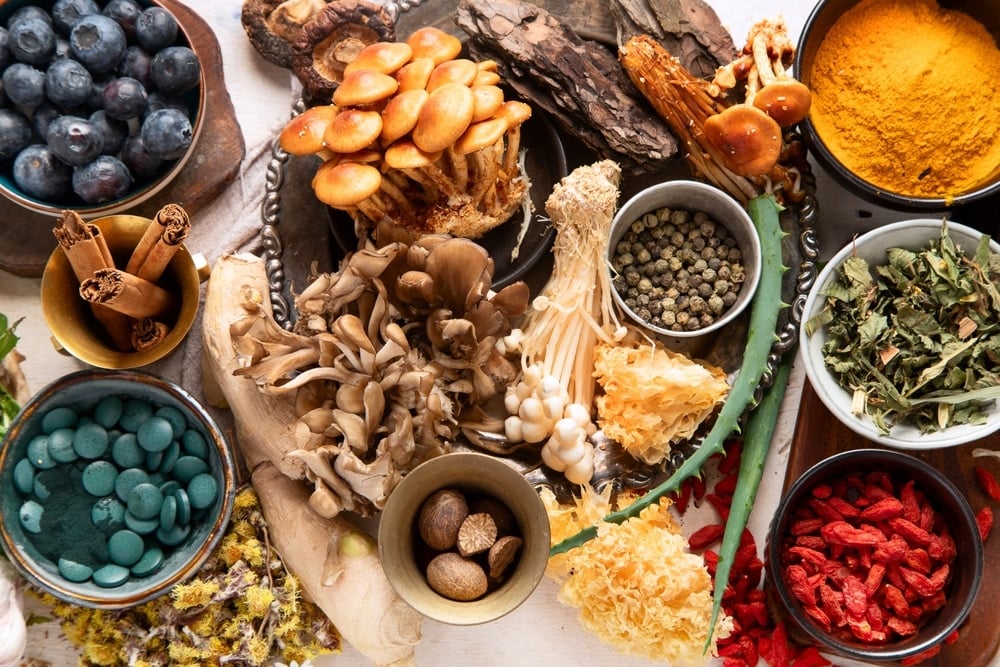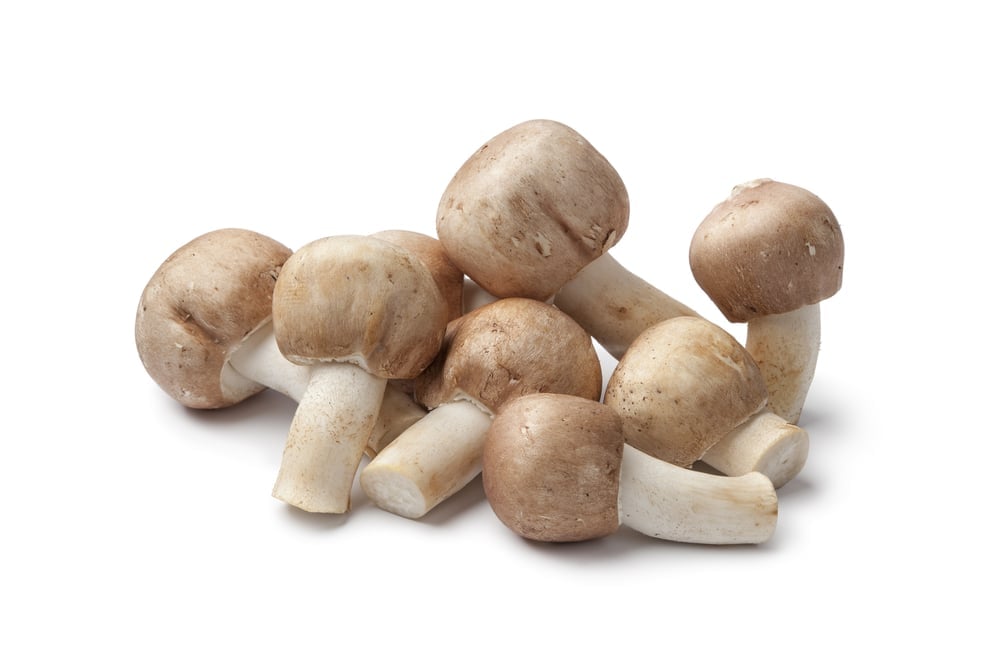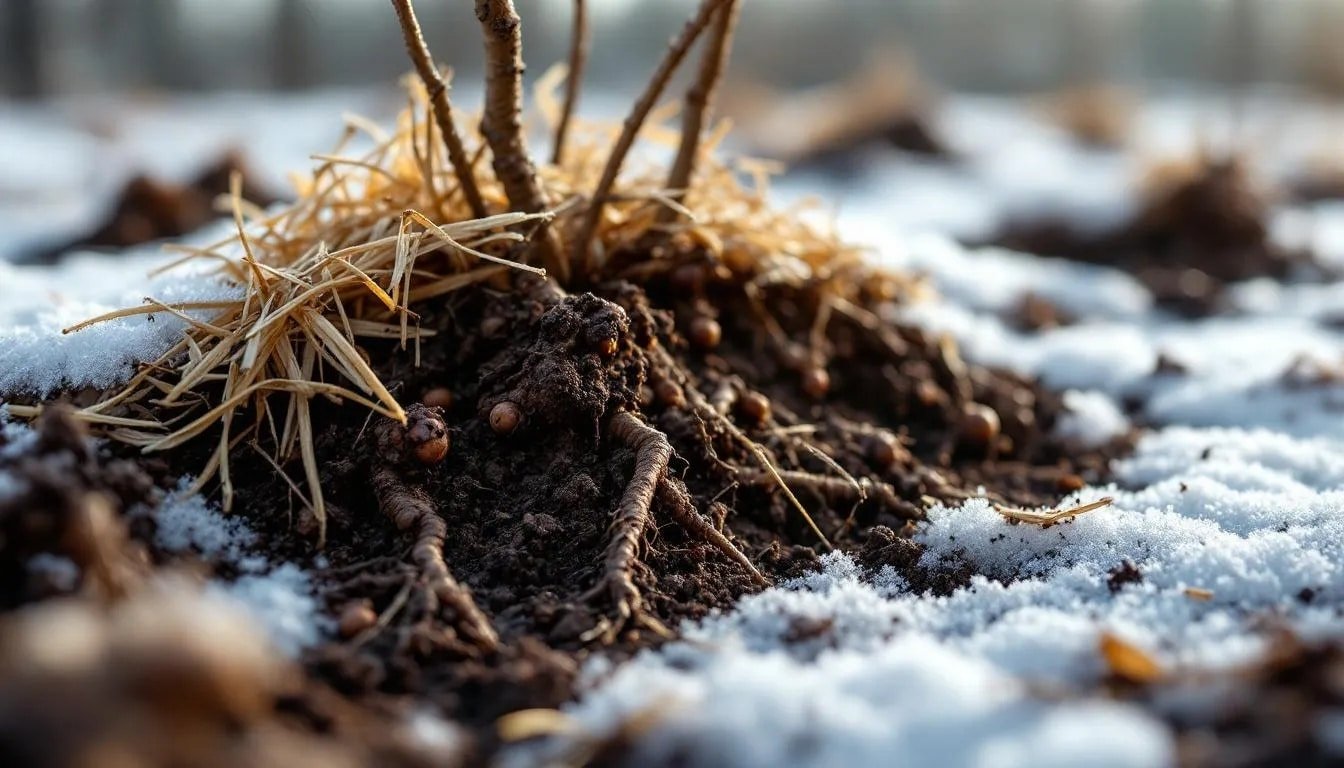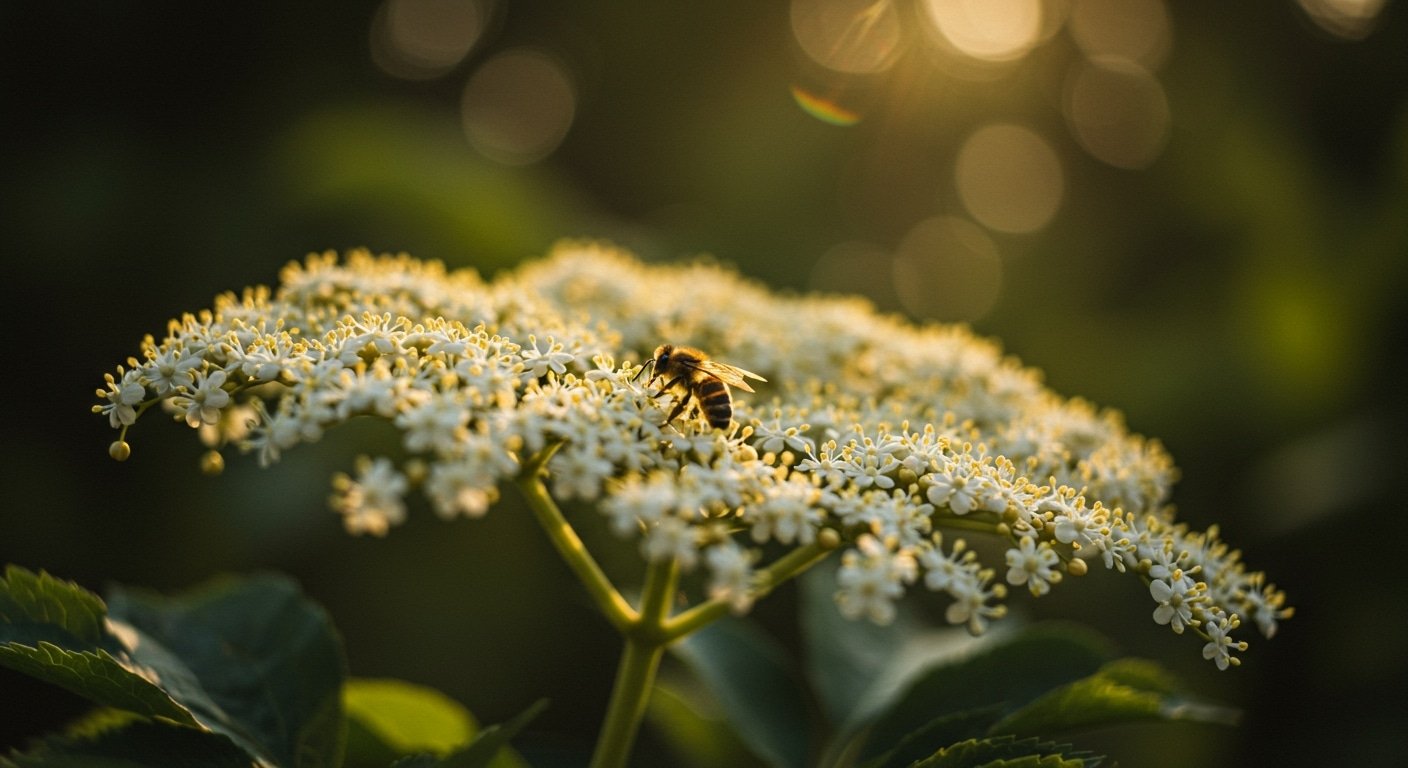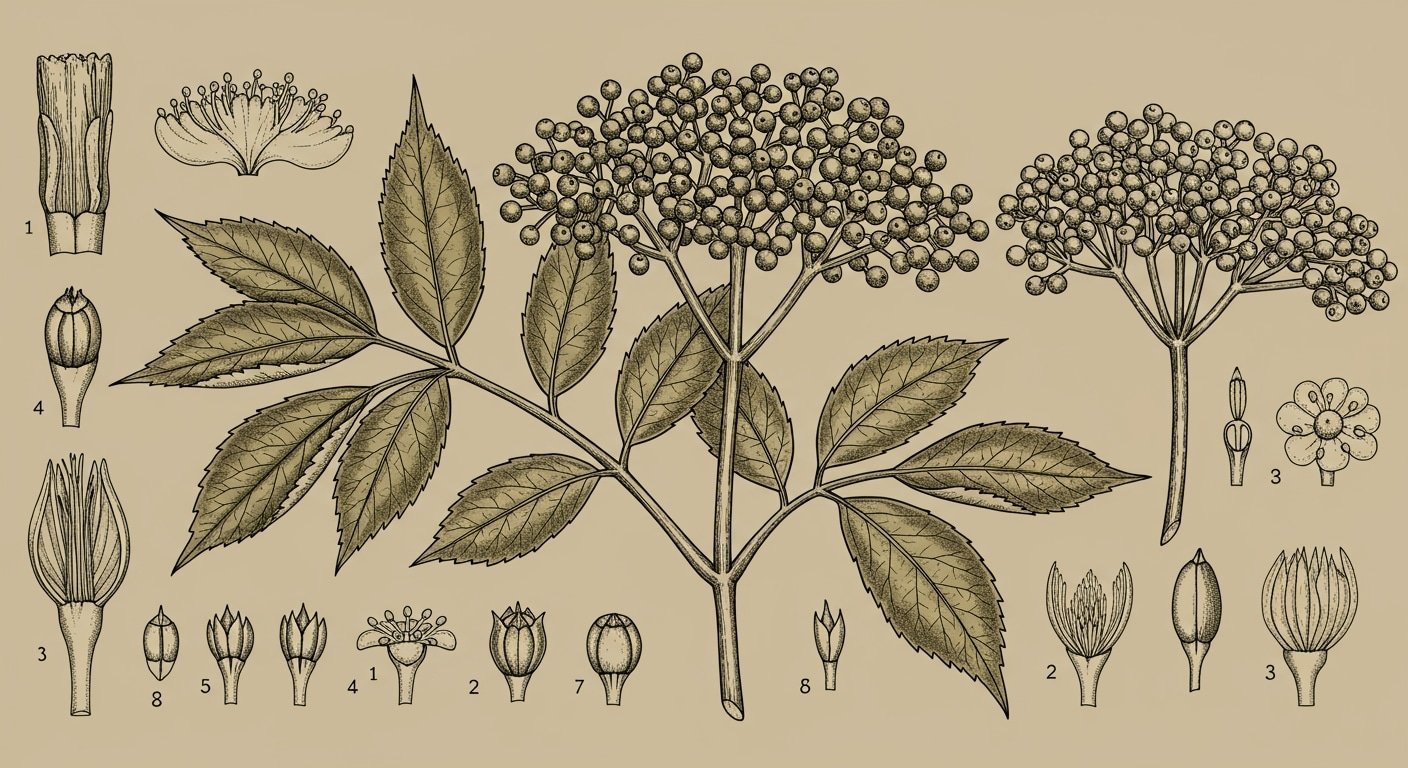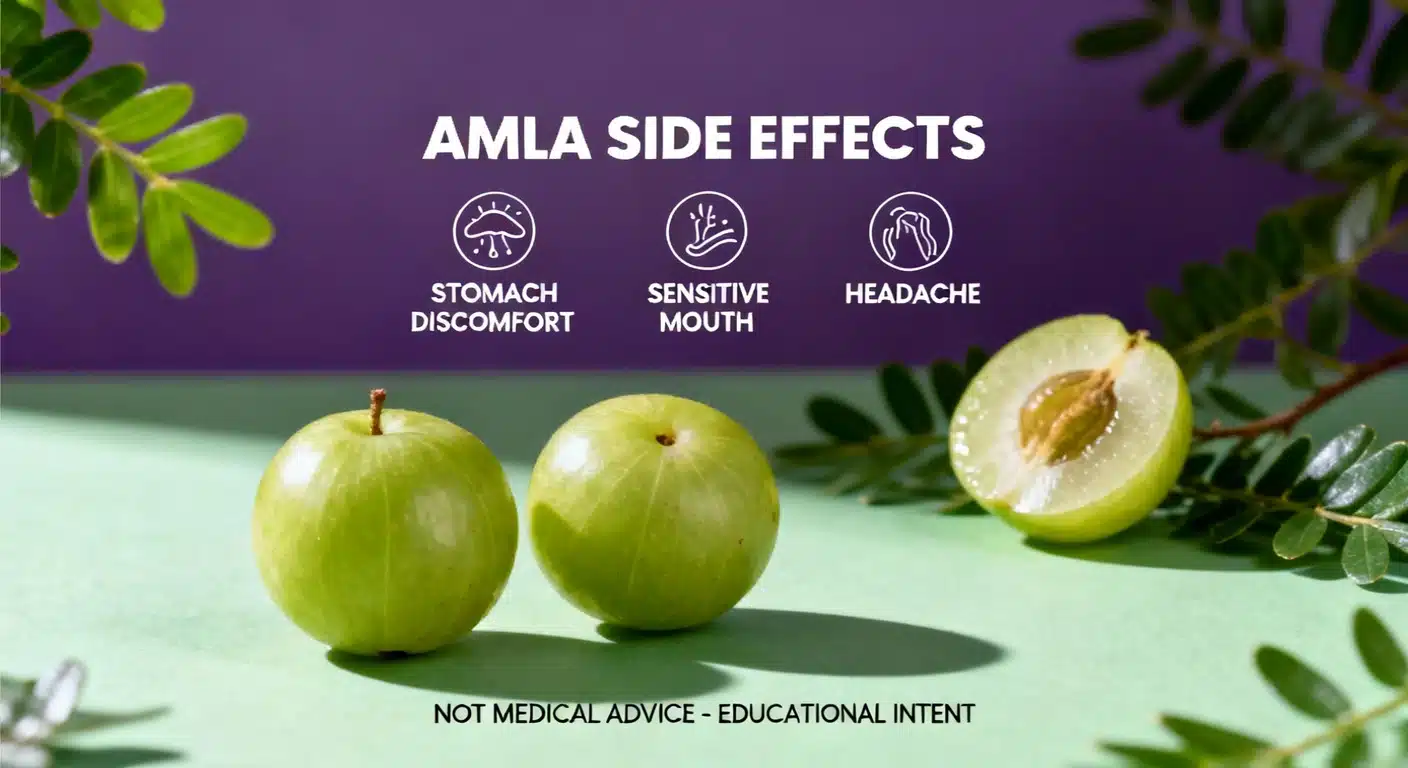Elderberry syrup helps relieve sore throats by reducing inflammation and soothing irritation, making it an ef [...]
Views: 12114 min readFed up with constant aches and pains? Learn how to ease aches and pains quickly and naturally with these five proven [...]
Views: 217 min readAmong the diverse elderberry species found across temperate regions, sambucus racemosa stands out as both an [...]
Views: 5618 min readWithania somnifera Historical Actions: Adaptogenic tonic that promotes vitality and vigor. Sexual tonic. Nervine sed [...]
Views: 2340 min readEchinacea and goldenseal are often paired in herbal practice. This hub explains what the blend is, how people use it, [...]
Views: 952 min readWhere to Buy Elderberry Syrup at Farmers Markets Introduction to Farmers Markets One thing that you'll have to under [...]
Views: 35211 min readEducational content only. Not medical advice. What is Amla extract? A standardized concentrate of Phyllanthus emblic [...]
Views: 542 min readSelenicereus grandiflorus Historical Actions: Excellent heart and nerve tonic (contains no cardiac glycosides). Norm [...]
Views: 2391 min readHow Ruscus aculeatus Supports Circulatory Health Introduction Butcher’s broom (Ruscus aculeatus) has a long traditio [...]
Views: 774 min readSeeking natural pain relief? This article provides effective methods to manage pain through anti-inflammatory diets, [...]
Views: 2311 min readElderberry tea has long been cherished for its medicinal properties, offering a natural remedy for a variety of ailm [...]
Views: 2558 min readCurious about how to make herbal medicine at home? This guide will show you how to select the right herbs, th [...]
Views: 10015 min readIntroduction to Agaricus Subrufescens Spores Agaricus subrufescens, commonly known as the almond mushroom, royal sun [...]
Views: 323 min readWith all the buzz around Black Elderberry, you might be wondering what it’s all about. Many people are asking the same [...]
Views: 53613 min readWondering how to care for elderberry in winter? This article provides crucial tips on pruning, mulching, and protect [...]
Views: 1197 min readNew here? Start with the Elderberry Flowers & Growing Guide. Elderberries (genus Sambucus) are well-known for th [...]
Views: 1596 min readAn elderberry bush is a deciduous shrub or small tree with multi-stemmed growth, typically growing between 5 [...]
Views: 13914 min readExcerpt Times Now reports on a Harvard expert’s list of ten foods that may help reduce cancer risk—and Amla (Indian goo [...]
Views: 421 min readEducational content only. Not medical advice. Amla (Phyllanthus emblica, Indian gooseberry) is widely used in powder [...]
Views: 522 min read
Learning Herbalism
Herbalism is the ancient and evolving art of using medicinal plants and herbs to promote health and well-being. Whether you are a beginner or an aspiring professional herbalist, learning herbalism opens the door to a rich herbal journey filled with knowledge, healing, and connection to the natural world. This beginner’s guide will help you explore herbal basics, plant medicine, and the many benefits of herbal therapeutics.
Herbal Medicine and Herbal Preparations
Herbal medicine involves using plants and herbs grown specifically for their healing properties. These medicinal plants can be transformed into various herbal preparations such as teas, tinctures, salves, infused oils, and essential oils. Medicine making is a must-have skill for anyone interested in herbal practice, allowing you to create remedies tailored to common ailments like upset stomach, stress, or skin irritations.
Organic Herb Cultivation
A foundational part of herbalism is organic herb cultivation. Growing your own herbs ensures the highest quality and potency, and deepens your understanding of botanical life cycles and plant identification. Herbs grown in healthy soil without chemicals retain their healing properties and support sustainable herbalism practices.
Herbal Course and Herbal Academy
Taking an herbal course is an excellent way to begin your herbalism journey. Many herbalism schools and herbal academies offer self-paced courses with comprehensive course material covering materia medica, herbal actions, and medicine making techniques. These courses often include videos, recipes, and hands-on experience to enrich your learning. Renowned herbal teachers like Rosemary Gladstar and Michael Moore have created helpful information and favorite books that many students have found helpful in their studies.
Community Herbalist and Professional Herbalist
Herbalism can be practiced at many levels. A community herbalist uses their knowledge to support the well-being of their local community, often sharing herbal recipes and education. For those pursuing in-depth study, becoming a professional herbalist involves formal education, clinical training, and experience teaching. Both paths emphasize the importance of research, botanical knowledge, and hands-on experience.
Free Courses and Resources for Beginning Herbalists
Beginning herbalists can explore many free courses and online resources to develop their herbal knowledge. These self-paced courses cover herbal basics, plant identification, and herbal actions, providing a solid foundation in herbal therapeutics. Many herbalism schools offer discount codes for their courses, making herbal education accessible to all.
Materia Medica and Herbal Actions
Understanding materia medica—the detailed profiles of herbs—is essential for effective herbal practice. Learning the herbal actions, such as diuretic, nervine, or anti-inflammatory effects, allows you to select the right herbs for specific health needs. This knowledge supports crafting safe and effective herbal preparations that promote healing and overall well-being.
The Chestnut School and the Art of Herbalism
The Chestnut School is a respected herbalism school known for its emphasis on hands-on experience and community learning. Their courses blend the art and science of herbalism, focusing on organic herb cultivation, medicine making, and botanical study. This approach nurtures a deep connection to plants and the herbal world, enriching your herbalism journey.
Essential Oils, Infused Oils, and Medicine Making Techniques
In addition to traditional teas and tinctures, essential oils and infused oils are powerful tools in herbal therapeutics. Learning how to extract and use these oils expands your herbal repertoire. Medicine making techniques taught in herbal courses help you confidently create a variety of remedies that support the body and mind.
Embracing the Herbalism Journey
Learning herbalism is a lifelong journey that combines research, practice, and a love for plants. Whether you begin with a beginner’s guide or enroll in a professional herbalism school, the knowledge you gain will enhance your health, diet, and well-being. Exploring the world of American herbalism and the contributions of American herbalists like Rosemary Gladstar and Michael Moore provides helpful information and inspiration.
Conclusion
Herbalism connects us to the healing power of plants and the art of natural medicine. With the right education, resources, and hands-on experience, anyone can begin their herbalism journey and explore the many benefits of plant medicine. Start today by exploring free courses, favorite books, and trusted herbal teachers to cultivate your own herbal practice and enrich your life.


